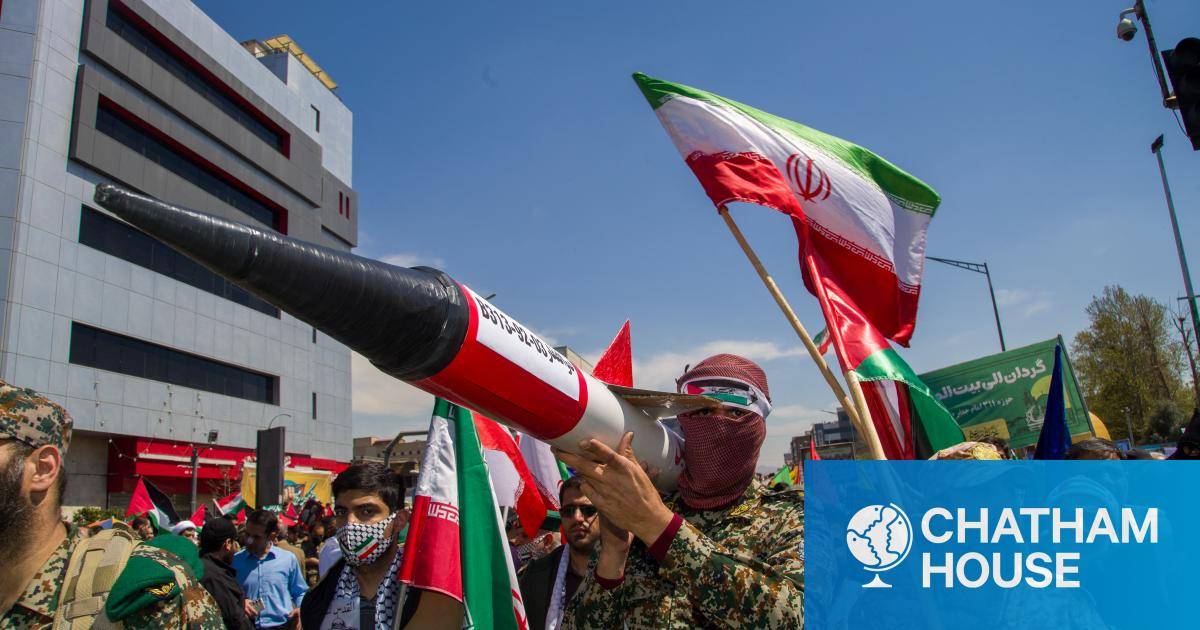Iran's Regime Faces Internal Conflict Amid Nuclear Standoff
Iran's regime is facing escalating internal conflict and paralysis as factional infighting intensifies amid renewed international pressure and a fragile nuclear standoff following recent military strikes and diplomatic interventions.

Iran’s ruling establishment is experiencing acute internal turmoil as factional infighting intensifies in the wake of renewed international pressure over its nuclear program and the aftermath of recent military confrontations. The crisis reached a new level after Supreme Leader Ali Khamenei’s public plea for unity on September 7 was openly defied by members of parliament, who used official platforms to criticize the government’s handling of both the economy and the nuclear standoff. This public dissent signals a breakdown in the regime’s ability to maintain internal discipline, with Khamenei’s authority increasingly challenged by rival factions[1].
Nuclear Standoff Deepens Factional Rifts
The nuclear issue has become the central battleground for Iran’s internal conflict. Following the June 2025 war with Israel, which saw Iranian nuclear sites bombed by Israeli and U.S. forces, Iran suspended cooperation with the International Atomic Energy Agency (IAEA). Only after months of Egyptian mediation was a new framework for cooperation agreed upon in Cairo on September 9, reestablishing limited access for IAEA inspectors. However, Foreign Minister Abbas Araghchi stated that much of Iran’s enriched nuclear material is now “under the rubble” of bombed facilities, and access to these sites will be tightly controlled by the Supreme National Security Council[4][3].
Parliamentary hardliners have used the nuclear file to threaten government officials, warning against any concessions to international bodies. In a dramatic session, MP Hossein-Ali Haji Deligani directly threatened Foreign Minister Araghchi with impeachment and legal action if he exceeded the limits set by law in negotiations with the IAEA[1].
Economic Collapse and Fear of Unrest
While the nuclear standoff dominates headlines, the regime’s deepest fear is a popular uprising fueled by economic collapse. MPs have publicly condemned the government’s performance, with one declaring job creation “zero” and warning that unemployment is becoming a political and security crisis. The national currency’s collapse and looming pension crisis have further eroded public confidence, with state-run media warning that mass protests by retired families could soon erupt[1].
International Mediation and Fragile Diplomacy
Egyptian President Abdel Fatah El-Sisi has played a key role in mediating between Iran and the IAEA, urging all parties to return to the negotiating table and de-escalate tensions. The agreement signed in Cairo is seen as a step toward restoring dialogue, but its implementation remains uncertain amid Iran’s internal divisions and the legacy of recent military strikes[3].
Foreign Minister Araghchi emphasized that no inspections of bombed nuclear sites are currently planned, citing environmental and safety concerns. The IAEA, meanwhile, reported that as of June 13, Iran held an estimated 440.9kg of uranium enriched to up to 60 percent, but the fate of this material remains unclear after the war[4].
Regime Paralysis and Opposition Momentum
The regime’s paralysis is compounded by the growing strength of opposition movements, as highlighted at the September 6 Free Iran rally in Brussels. Former UK Parliament Speaker John Bercow described Iran as “reduced to a worse state than at any time in living memory,” with the economy and public services in collapse. He praised the National Council of Resistance of Iran and MEK Resistance Units for their expanding reach and called for a democratic alternative to the current regime[5].
As Iran’s leadership struggles to contain both internal dissent and external pressure, the risk of further instability remains high. The regime’s inability to resolve its nuclear standoff or address economic grievances has left it vulnerable to both international isolation and domestic upheaval.